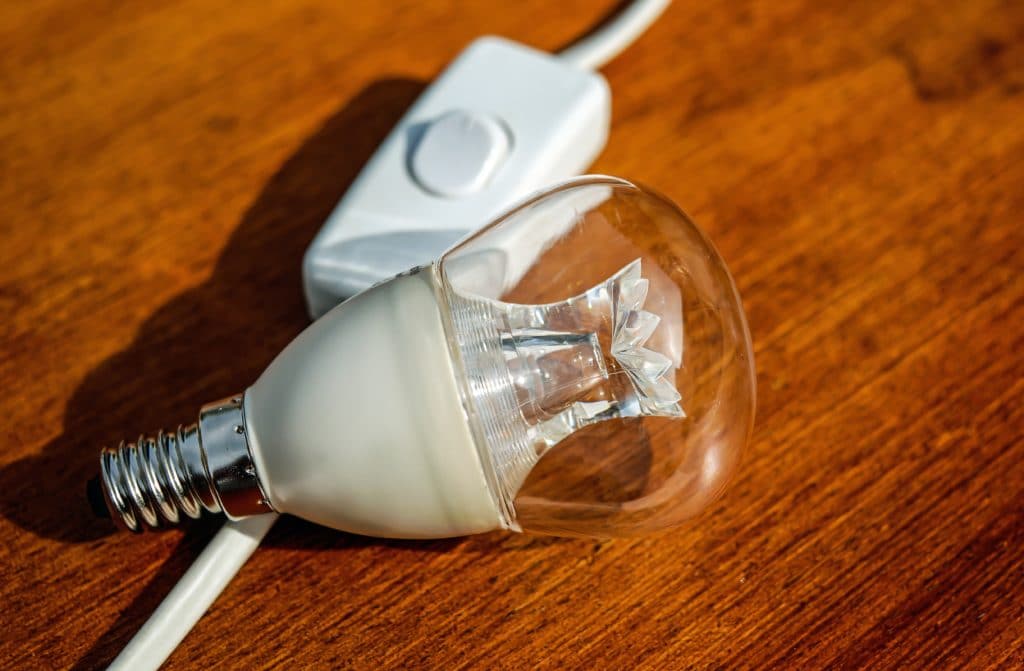Everyone looks like they need to be in the Internet of Things world as of late. Each month, a slew of up and coming gadgets (primarily prototypes and renders marked as coming quickly) are marketed on crowdfunding websites. Innovation goes full steam it will appear.
Heck, it makes me suppose that every one I’ve to do to get on this motion is use some junk at a storage sale, stick some wi-fi adapters to them, and name them “sensible.” I’d be doomed to fail of course, and doubtless wouldn’t recoup my $5 in junk and duct tape.
Unfortunately, doom appears to be the destiny of many tech startups, which is sensible. For each polished sensible machine we see on the house web page of an organization’s web site, there’s a gauntlet of challenges that the firm should undergo. Sites like Kickstarter are full of the digital corpses of corporations which have failed to beat these challenges.
Advertisement
In reality, it may be argued that some corporations aren’t minimize out for the sensible tech trade. Sometimes an organization isn’t a superb match, like an S&M dungeon opening a pediatric care unit.
More in reality, that’s what I’m going to argue (not the pediatric half). Let’s take a look at the previous failures of a pair of noteworthy sensible tech corporations to see what qualities don’t make the minimize.
Lumos
Lumos began off like every other entrepreneurial fairytale: engineer meets engineer, comes up with a singular concept, and builds a prototype. Usually, there’s some factor about love in there as nicely, however this wasn’t the destined destiny of the firm.
Started in July 2014, this firm got down to design, construct, and market a singular web linked change that will be taught a person’s habits to personalize their digital home equipment round the house.

On the floor, this sounds superior. As the founders shortly realized, nonetheless, there have been a pair of challenges on the approach in the direction of making their dream a actuality.
First, they realized that there’s an enormous distinction between prototypes and market prepared merchandise. The course of of getting a product to market turned overwhelming inside just a few months.
Second, round this time, they started to suspect that the demand for a product like theirs was low. Eventually, not seeing the street to success, they deserted ship and known as it quits.
This is a typical story for a lot of tech startups. It simply exhibits that the Internet of Things isn’t protected against the regular challenges and pitfalls tech begin ups face.
Powa Technologies
Our second case research is a extra distinctive story. In reality, throughout the peak of their success, many individuals and sources referred to this firm as an “entrepreneurial unicorn.”
Powa Technologies was a big tech firm that dreamed of revolutionizing cell funds. In 2014, they rolled out the PowaTag, a multiplatform cell cost system that created rather a lot of waves inside the trade.

They needed to allow customers to pay for merchandise simply by scanning a code. The specifics of their product escape the limits of my mental understanding, however the firm did throw fancy phrases round like QR codes, print adverts, and inaudible sound waves.
They turned so fashionable that they have been as soon as valued at over €1.eight billion. The firm itself, notably its founder, had no drawback shouting their unicorn standing from the rooftops.
Specifically, the firm marketed that over 1200 different companies had already signed on to work with their new platform. Unfortunately, it turned out that almost all of these corporations had merely signed a non-binding letter of interest.
That’s like bragging to your mates that the woman that advised you “possibly” if you requested her to promenade has agreed to be your future spouse.
This turned out to be a serious difficulty for the firm since the success of their product would depend on the cooperation of different companies. Since they have been unable to get a lot cooperation outdoors of a easy “we’ll give it some thought,” they shortly hit a wall. A number of years later, they went into administration.

This story has just a few extra morals to it than the first case research. Thankfully, they are often summarized as merely, “play good with others, and don’t lie publicly.”
The Unpredictable Nature of the Internet of Things
These are simply two examples of the place corporations can go mistaken in the sensible machine trade. Like every other tech associated endeavor, corporations on this house typically face many challenges alongside the street. How they deal with these challenges goes to find out whether or not they’re profitable or not.
Failure is frequent in the Internet of Things. In reality, some estimate that round 8 of out 10 companies fail on this house earlier than they launch.
 More: The Internet of Things is Bringing the Next Wave of Innovative Devices
More: The Internet of Things is Bringing the Next Wave of Innovative Devices
Both corporations made some main errors they weren’t in a position to get well from. Most of these errors occurred at the very starting.
Let’s put apart Powa Technologies’ option to boast about their future success as in the event that they have been a gold platinum rapper. That’s simply icing on the cake to their failure.
In each instances, they underestimated the logistical necessities whereas overestimating the demand for his or her product. These are errors that any firm in and out of doors of the tech trade are prone to.
IoT makes this much more troublesome since the trade remains to be figuring out what varieties of gadgets are going to be in demand or not. This unpredictable nature implies that prototyping and manufacturing are much less established than in different industries.
Ultimately, any new begin up will face the unknown in terms of their future success. The guidelines are being rewritten and expertise is briefly provide.
That’s to not say it’s inconceivable to achieve success in the house. It merely implies that if an organization is unable to adapt to surprising challenges whereas retaining their product and course of grounded in actuality, IoT most likely isn’t for them.
Comments
feedback